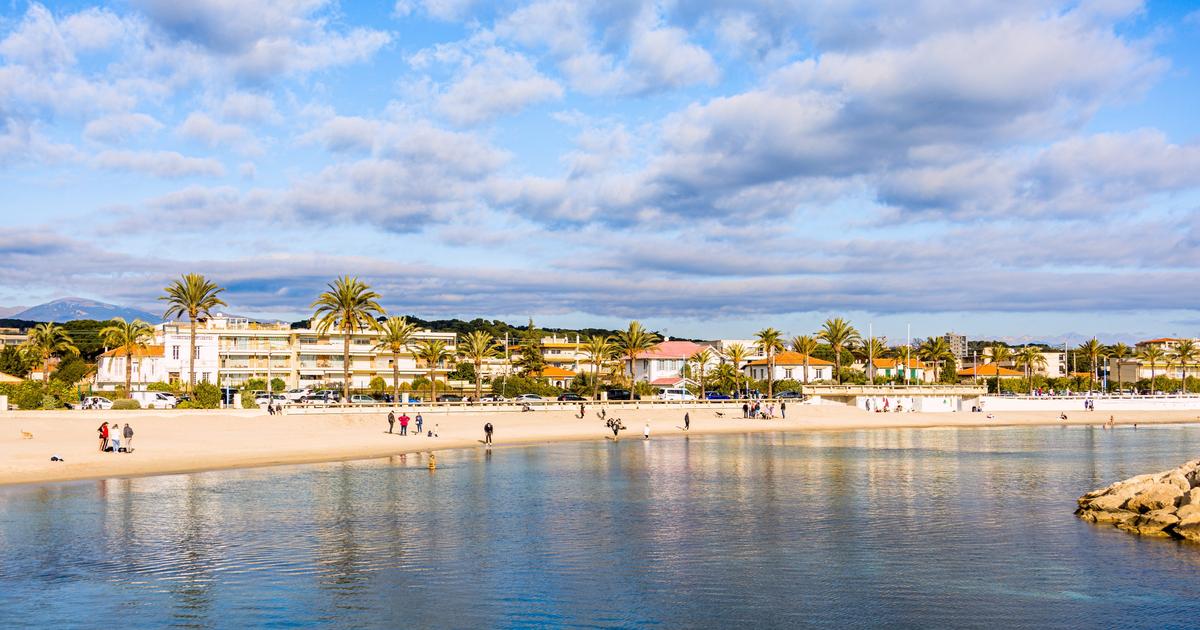After the heatwave episode in early July, temperatures in the Mediterranean have drastically dropped—a phenomenon expected to last for some time.
Having experienced a marine heatwave at the end of June, the Mediterranean has been surprisingly cool in recent days, even cooler than the English Channel. Vacationers, accustomed to swimming in water above 25°C, are now wading in seas with temperatures between 15 and 17°C, from Béziers to Marseille, according to temperature readings from Ifremer. This surprising observation is not unprecedented: during summer, water temperatures can sharply drop due to a phenomenon called upwelling.
This term can be roughly translated as a « rising of waters. » More precisely, colder deep water rises to the surface to replace the warm surface water. According to La Chaîne Météo*, such an event can occur due to the Mistral and Tramontane winds: these blow from the land toward the sea, pushing the sun-warmed surface water offshore. « Since nature abhors a vacuum, the surface water is then replaced by the colder water from the depths. The deeper the area, the colder the water that rises, as sunlight is absorbed by the upper layers, » meteorologists explain.
A Positive Phenomenon for Marine Life
While upwelling may not please tourists, marine animals benefit greatly from it. « The positive aspect is for marine fauna, for whom the cooling of the sea is a boon, » said forecaster Alexandre Isgro of La Chaîne Météo to Le Figaro in 2023. The Gulf of Lion is regularly exposed to this phenomenon during summer, although it sometimes also affects the Bay of Biscay in the Atlantic Ocean, under the influence of westerly winds.
Conversely, a related phenomenon called downwelling—meaning « sinking waters »—can also occur. Logically, it corresponds to surface waters sinking toward the depths. « Downwelling happens when winds push surface waters toward the coast, causing surface water to flow downward to the seabed. Although less nutrient-rich, downwelling is essential for redistributing oxygen and nutrients in the oceans, » concludes La Chaîne Météo.
This is not currently the case. Indeed, the upwelling currently affecting the Mediterranean is expected to continue for a few more days.


